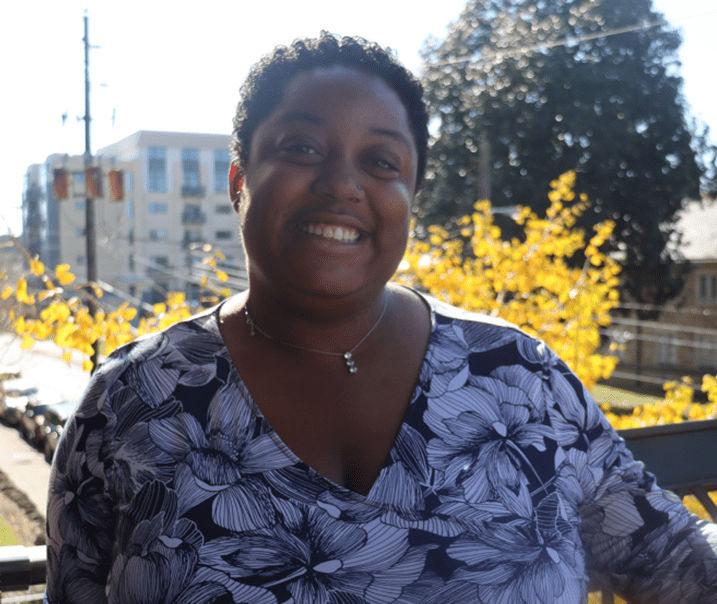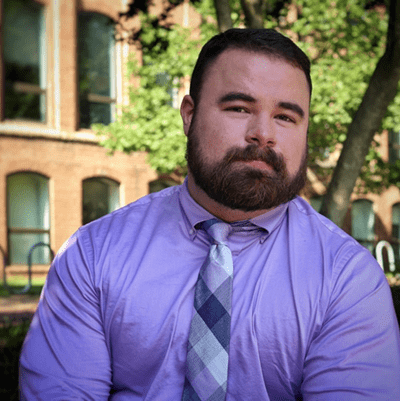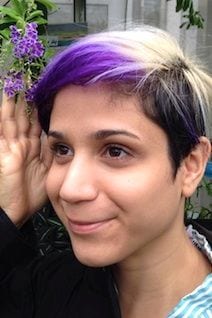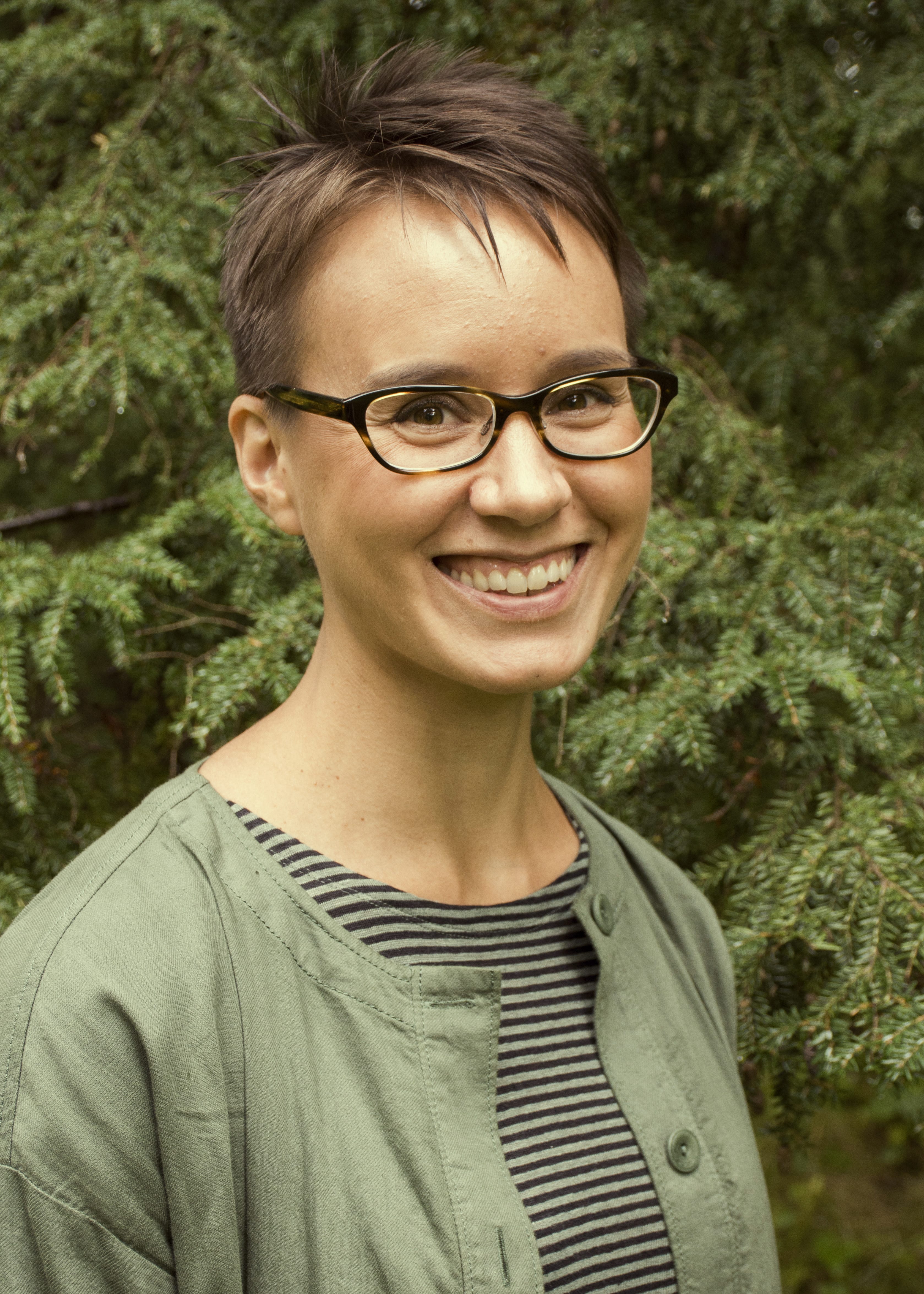Human Development has added two new faculty members this year, Misha Inniss-Thompson and Adam Hoffman.
Misha Inniss-Thompson

Dr. Misha Inniss-Thompson received her doctorate in Community Research and Action at Vanderbilt University. She is an alumnus of Cornell's Department of Human Development (with minors in Inequality and Africana Studies) and was awarded the Jerome Holland Award for her achievements as a scholar and leader and was a Ronald E. McNair Post-Baccalaureate Achievement Scholar.
Dr. Inniss-Thompson's work is concerned with shifting educational and social policies in ways that better support African-American girls. In particular, her research focuses on the impact of ethnic-racial socialization in shaping Black girls’ socioemotional wellbeing and academic outcomes. She has analyzed national education data and conducted interviews to understand the impact of these policies on the educational experiences of African American girls. Her report, Summary of Discipline Data for Girls in U.S. Public Schools: An Analysis from the 2015 - 2016 U.S. Department of Education Office for Civil Rights Data Collection, has been cited by legal scholars and the 2019 documentary, Pushout, for bringing to light inequities in school policies that "push" African-American girls out of the school system. Dr. Inniss-Thompson is interested in using ecological systems theory and culturally relevant positive youth development models as a tool for understanding Black girls’ experiences during the transition from middle childhood to adolescence. She is passionate about centering youth voices in the research process through methodological approaches such as photovoice and youth participatory action research.
Adam Hoffman

Dr. Adam Hoffman received his doctorate in developmental psychology from the University of North Carolina at Chapel Hill and has been an assistant professor of psychology at Western Carolina University. Dr. Hoffman's research addresses the development of identities and how they change over time, the relationship between identities and mental health, well-being, and academic motivation, and how identities can be leveraged to promote positive youth development and outcomes. In addition, he has analyzed social networks to investigate how peers and friends influence adolescents' ethnic-racial identity development. Although research has demonstrated that social identity can promote a more positive sense of self, Dr. Hoffman is one of few researchers who have been developing interventions that capitalize on this asset.
Dr. Hoffman has studied the psychological experiences of adolescents from a wide range of ethnic/racial groups, including African American, American Indian, European French, European American, Latinx, and North African French adolescents in American and international communities. He received a Graduate Research Fellowship and a Graduate Research Opportunity Worldwide award from the National Science Foundation (NSF) which enabled him to study ethnic and gender identity development in French and North African French adolescents in Marseille, France. For his dissertation, he developed a brief social-psychological intervention to promote STEM motivation and ethnic and gender identity among American Indian adolescents. Dr. Hoffman recently presented his research on child development within the Cherokee Indian community at the Carolina Consortium on Human Development - click here to watch his talk.






